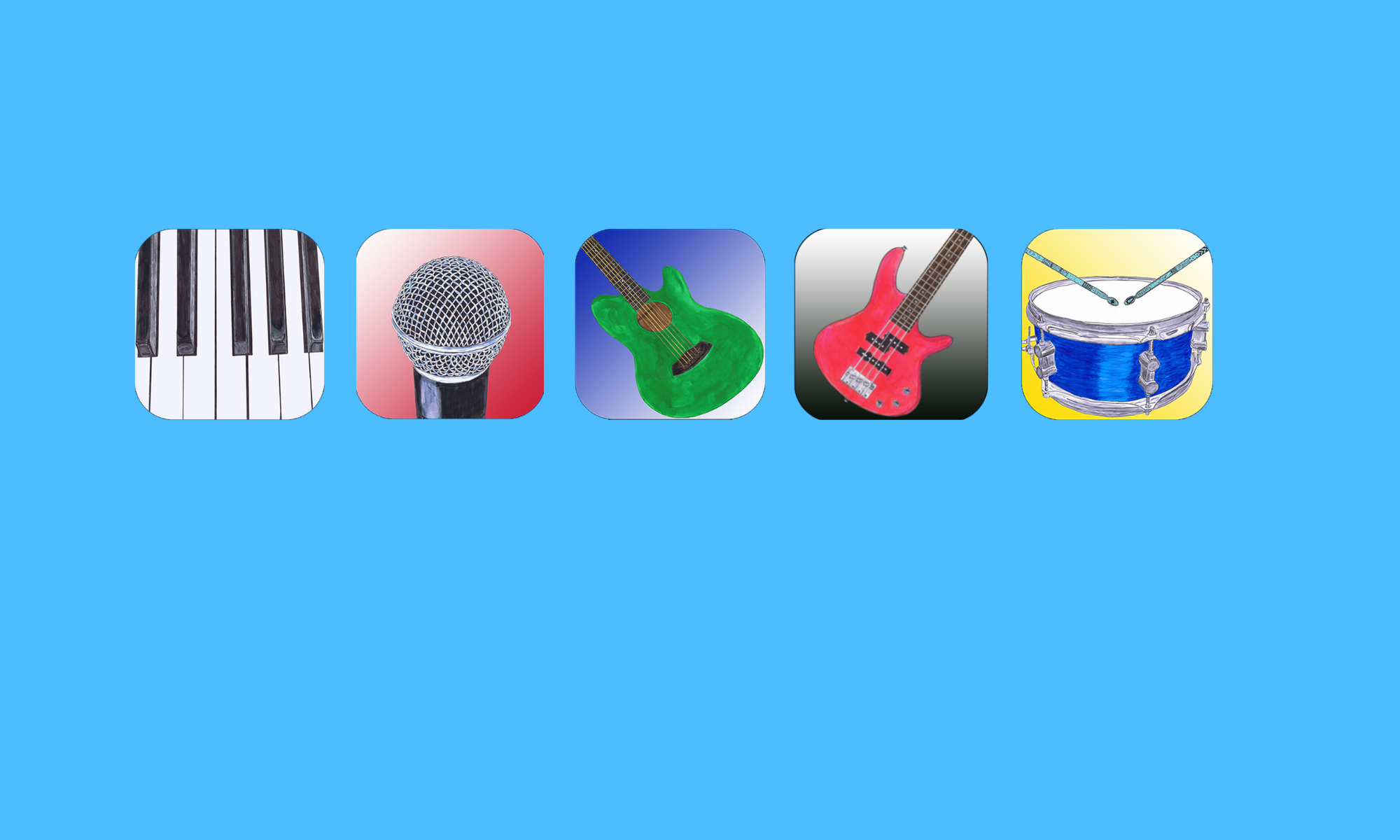I feel like a lot of people write discouraging answers to these kind of questions. Mastering an instrument and getting pretty good at it are two very different things. You can get to a level where it is enjoyable and you sound good pretty quick. The mistake is in equating it to hours necessary because it really matters how you string the time together not just the raw amount of time. That being said, it can help to have some sort of framework to understand what it takes. I did some math using a practical plan that most people should be able to follow:
30 minutes x 4 times a week = 2 hrs
Simple Pieces Within One Month= 4 weeks x 2 hrs = 8hrs
Complex Pieces Within One Year= 52 weeks x 2 hrs = 104 hours
You could be playing simple enjoyable pieces within a month. You could be playing more complex pieces within a year IF you pay attention to these few things:
1. Regular, small amounts of practice will yield better results than putting in marathon stretches sporadically. Daily is ideal but three to four times per week will still get solid results. Practicing often is more effective and less work because it eliminates time spent remembering or relearning. Don’t skip days because you don’t have at least a half hour to spend. Revisiting information at regular intervals is crucial in saving it to long term memory. Doing one thing, even if it’s flash cards on the train, EVERY DAY will make learning successful a lot faster.
2. Concentrate on WHAT to accomplish instead of HOW LONG to practice. Make a plan that will work on foundation skills as well as playing skills. Playing an instrument incorporates a lot of different skills such as reading, rhythm, theory, coordination and expression. Try to do a little work on foundation skills and a little playing every time you practice. Example: Sight reading for 5 minutes, 2 Scales, perfecting notes and rhythms on a section of an easy song, a few measures of intensive work on a challenging piece.
3. Build Good Habits. Keep to one finger per key whenever possible and use good fingerings. It may not feel comfortable at first but you won’t build the dexterity or habits you need to play harder things if you don’t. Make sure to Connect Notes (legato) throughout phrases. Keep fingers curved. Work on transferring weight from finger to finger instead of using finger muscle. Sit in proper position on the edge of the piano bench in front of Middle C with weight over legs.
4. Learn to Read Music. This will allow you to learn new things easily and jog the memory of old pieces. Take a small note range (add three notes at a time), drill on it, practice with these free flash cards, use an iPad app (Piano Notes Pro) to quiz on it, try to play songs (Treblemakers Piano Method- Book 1) only using those notes.
Don’t be tempted to take too big of a note range at once. Too much new information at a time overwhelms and takes much longer to master. Just memorizing and learning by rote will limit what you can do. One of the most important things that people don’t consider about reading is that it gives you a tool to access the memory (in this case a song) you saved. Most of the time the problem isn’t in building the memory, it’s in accessing it. Build as many links as possible to that memory so it’s easy to bring it up when you need it.
5. Learn HOW to Practice. Good practicing methods get results that are quicker and last longer. LOTS of repetition of small pieces is the most effective way to get results. Students and teachers often conclude that something is too difficult because they underestimate how much repetition is required or how small things need to be broken down. Resist the urge to only play things front to back during practice. Allowing yourself to play mistakes over and over only strengthen them. Take the spot and give it lots attention. Play in front of it and behind it. Make notations in your music so that you see the area coming up and remember the issue BEFORE you get there.
6. Make practice plans and goals. It’s easy to stagnate or jump around too much and not accomplish anything without a plan. Put together a good practice plan to address skills you’ll need and pieces you want to play. Write both your plan and what you accomplish each time down in a notebook. This can help keep you on track and make you accountable. Every so often look back and assess your progress and goals. If you’ve accomplished some of your goals, add new ones. Be specific in your skill goals. For example, rather than writing ‘improve reading’, write ‘master reading notes middle C through G in right hand’. Then when it’s time to adjust goals you will know exactly what you’ve accomplished and what you need to add next.
Good luck!

